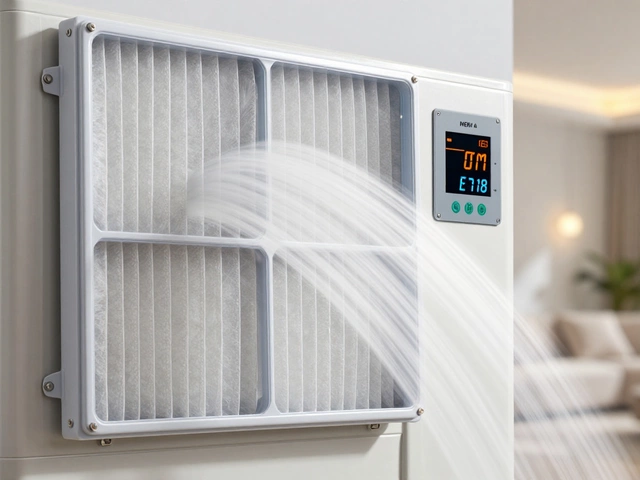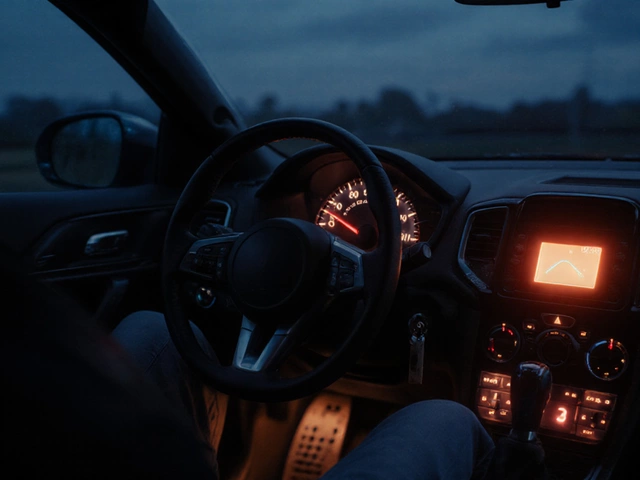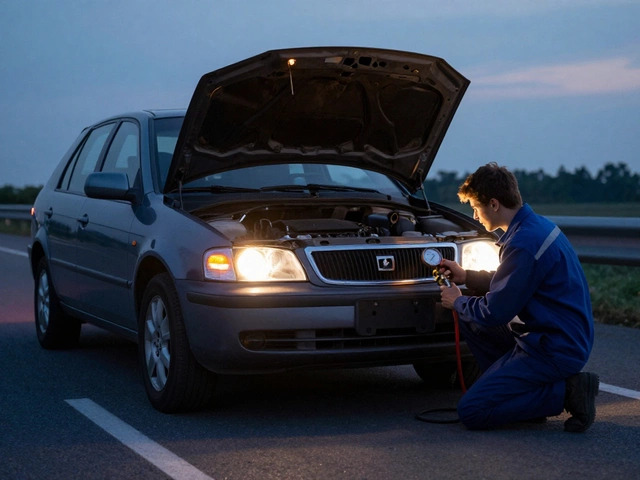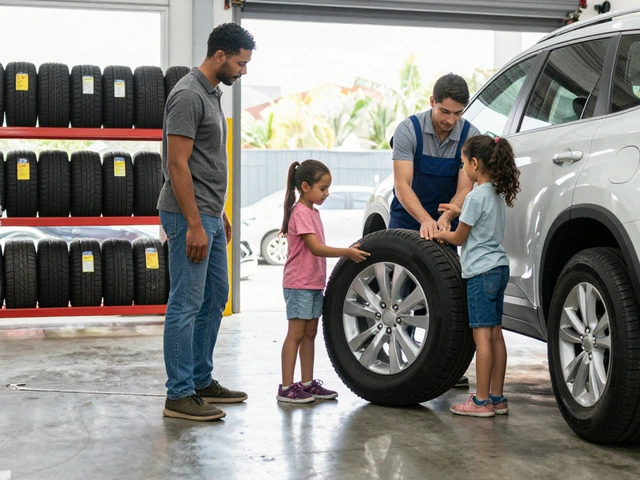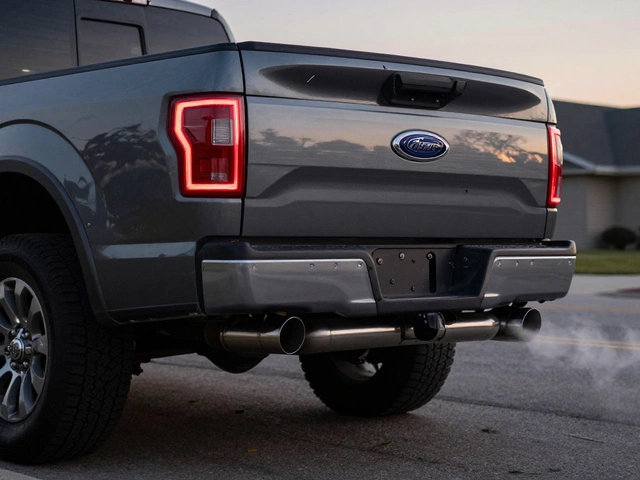
Grinding Brakes: What It Means and How to Fix It
When your brakes start grinding, a harsh, metal-on-metal screech that sounds like something is being crushed under your car. Also known as brake noise, it’s not just annoying—it’s a warning that your stopping power is failing fast. This isn’t a minor issue. If you hear it, you’re already risking damage to your rotors, calipers, or even the entire braking system. And worse, you might not stop in time when you need to.
Brake pads, the friction material that presses against the rotor to slow your car. Also known as brake linings, they’re designed to wear down slowly—but once they’re gone, the metal backing plate grinds directly into the rotor. That’s when the noise starts. And if you keep driving, that rotor will get scored, warped, or even cracked. Replacing a rotor costs three times more than replacing pads. Brake inspection a quick check of pad thickness, rotor condition, and caliper function. Also known as brake check, it’s the cheapest way to avoid a major repair. Most people wait until the noise is unbearable. By then, it’s too late.
Grinding doesn’t always mean pads are gone. Sometimes it’s debris caught between the pad and rotor—sand, gravel, or rust flakes. Or it could be a stuck caliper that’s holding the pad against the rotor even when you’re not braking. Or worn-out hardware that lets the pad vibrate and chatter. These are all fixable—but only if you catch them early. Ignoring grinding brakes is like ignoring a check engine light that’s flashing. You’re not just risking your car—you’re risking your life.
The good news? You don’t need to be a mechanic to spot the signs. Listen for the sound when you slow down from 30 mph or less. Feel for vibration in the pedal. Check your brake warning light. And if you’ve gone more than 20,000 miles without a brake check, you’re overdue. Most brake pads last between 25,000 and 50,000 miles, but if you drive in cities, haul heavy loads, or ride the brakes on hills, you’ll wear them out faster.
Below, you’ll find real guides from people who’ve been there. Learn how to tell if your brake pads are worn out, what the real cost of replacement is, and how to avoid being overcharged. You’ll also see what happens when you ignore brake problems—like how bad suspension or worn shocks can make braking even more dangerous. These aren’t theory pieces. They’re practical, no-fluff answers from owners who fixed it themselves or learned the hard way.
-
5 May


